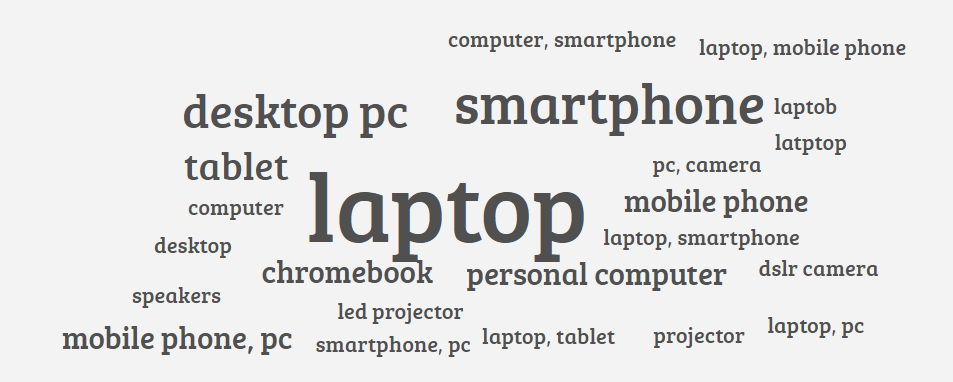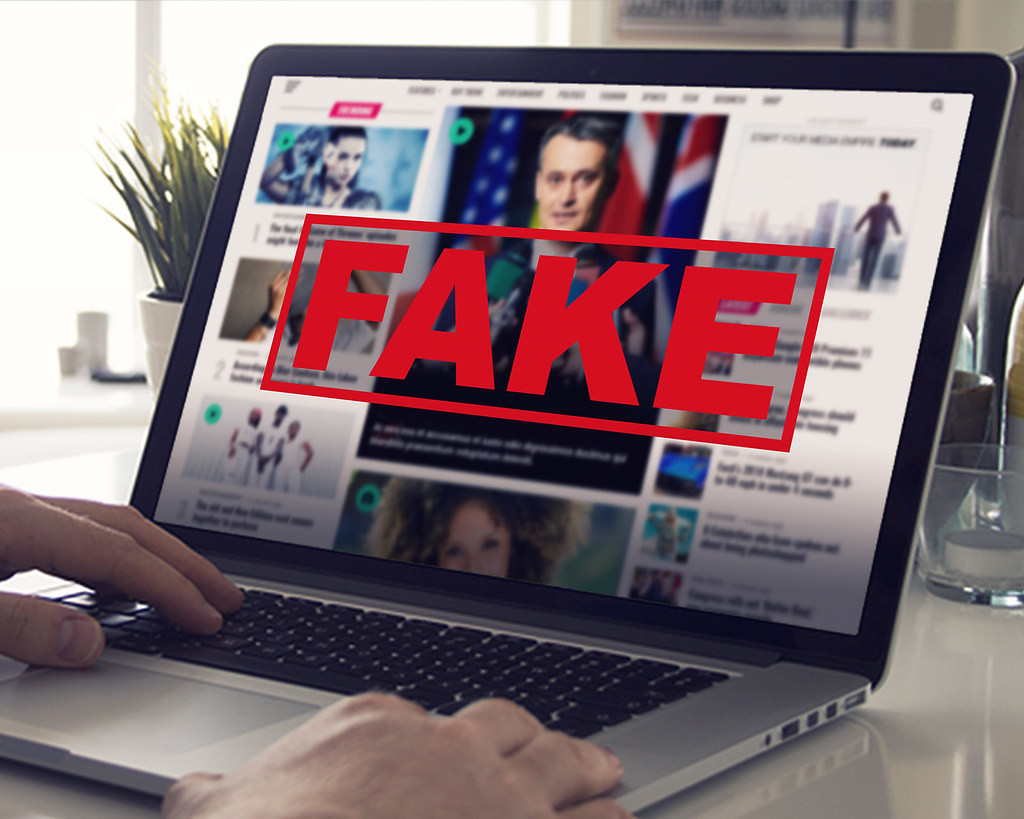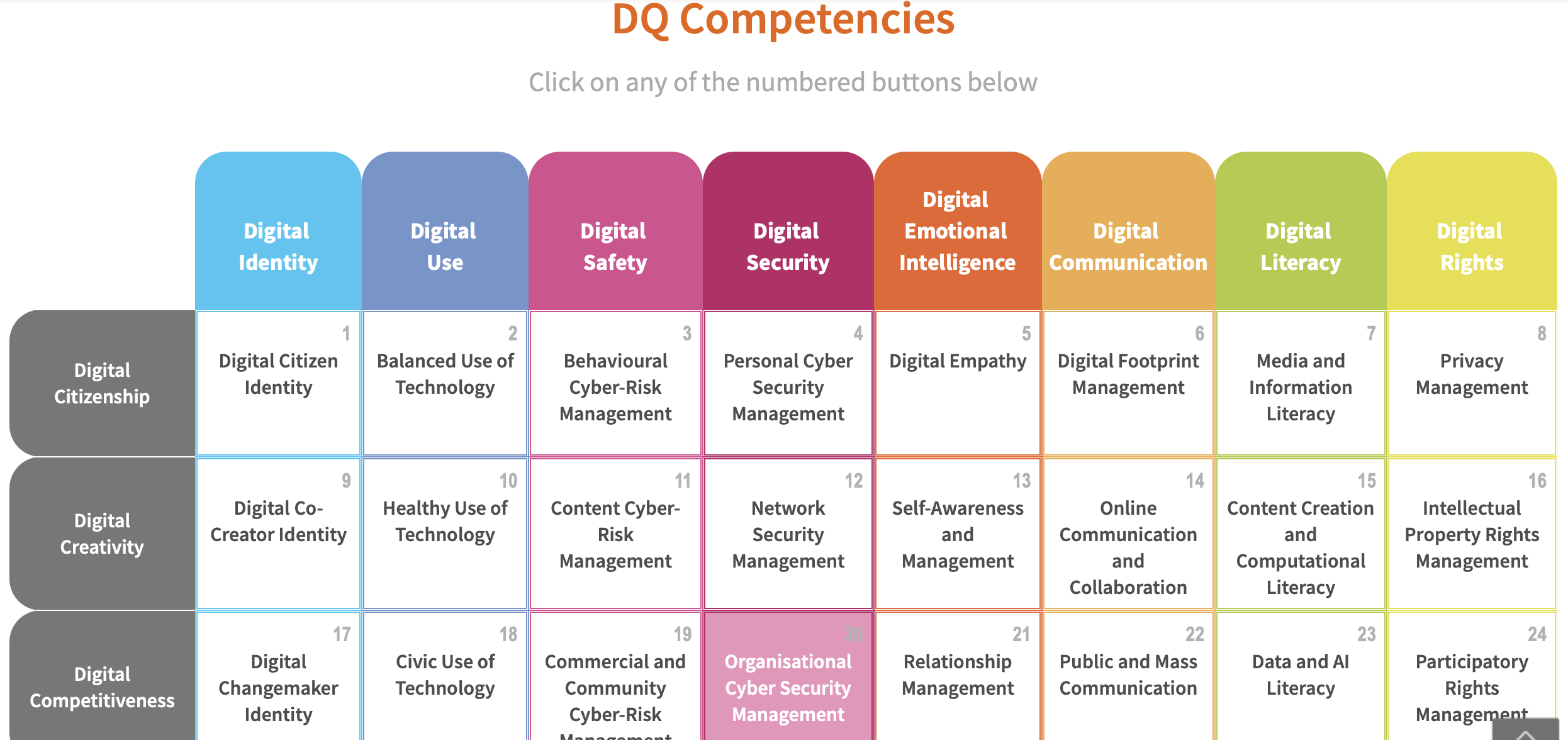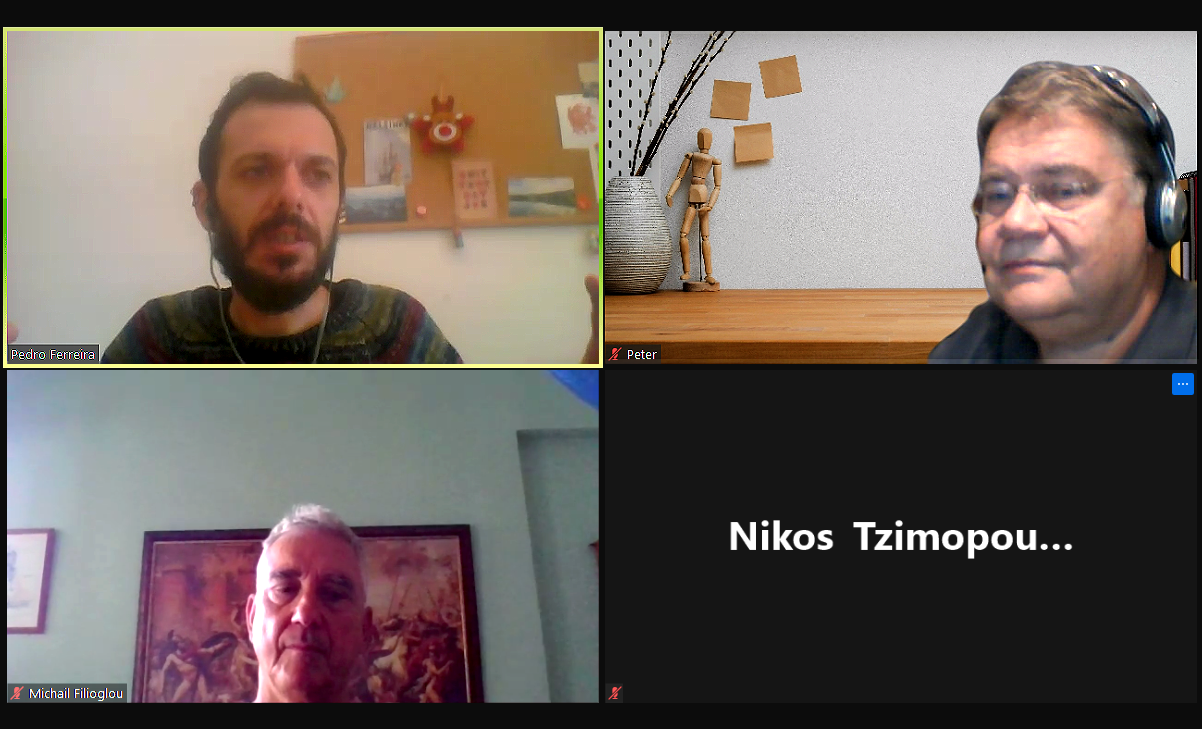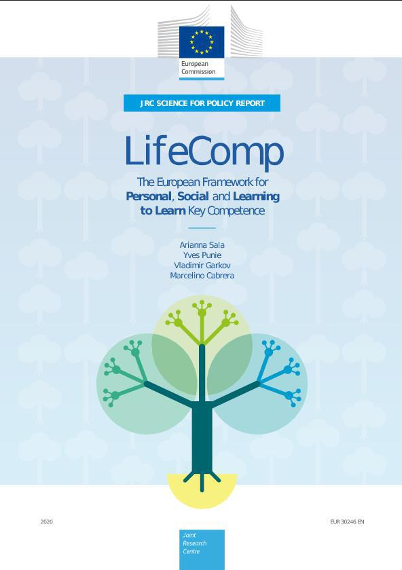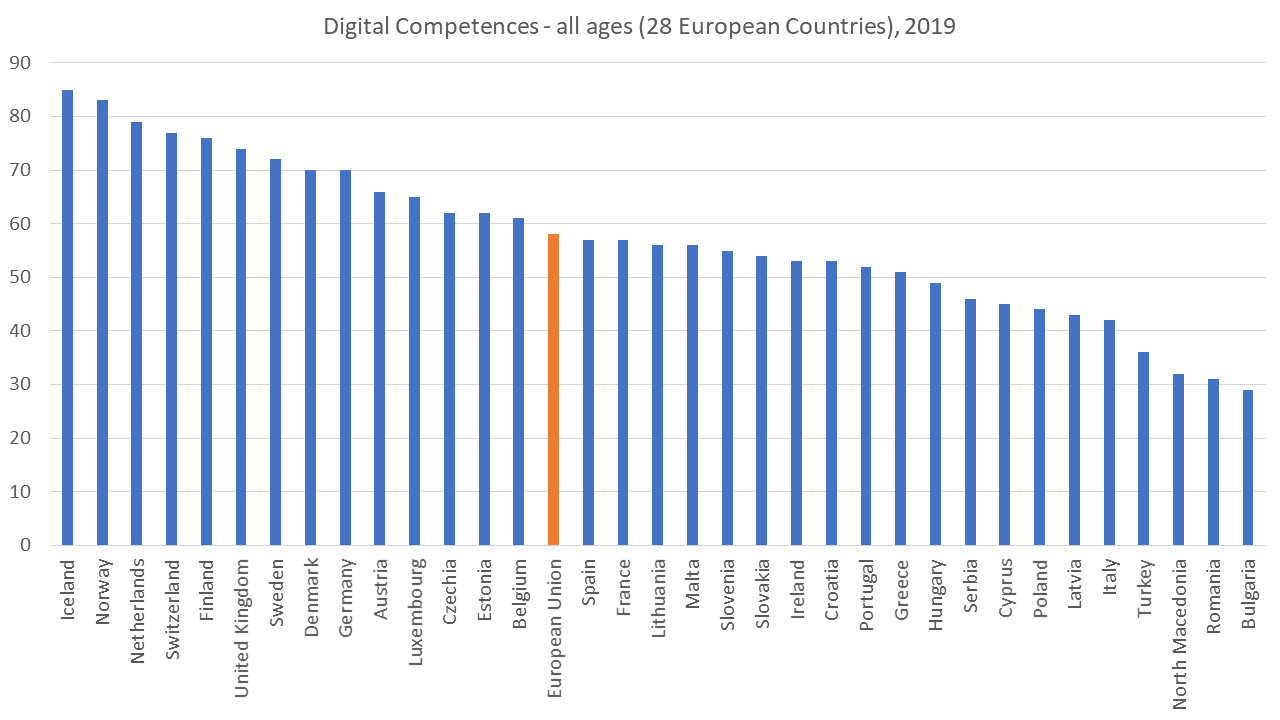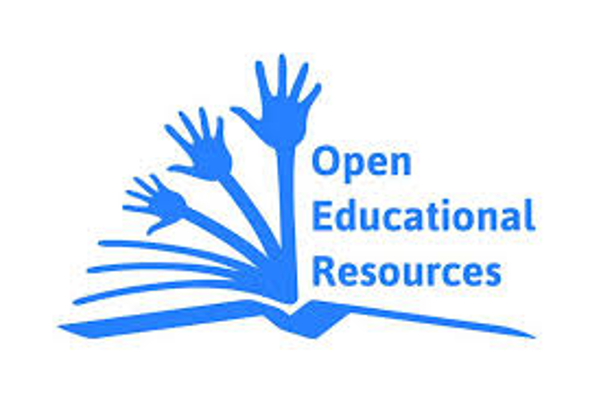
The World Economic Forum warns!!!
We must reset the way we teach science; it is vital for all our future life. By: Ms Akrivi Anagnostaki Few months ago, Marga Gual Soler,Founder of SciDipGLOBAL, molecular biologist, advisor to the EU Science Diplomacy Cluster,& Komal Dadlani,Biochemist and ed-tech entrepreneur, CEO/Co-founder at Lab4U wrote the Young Global Leaders Annual Summit, which was presented Read More …

